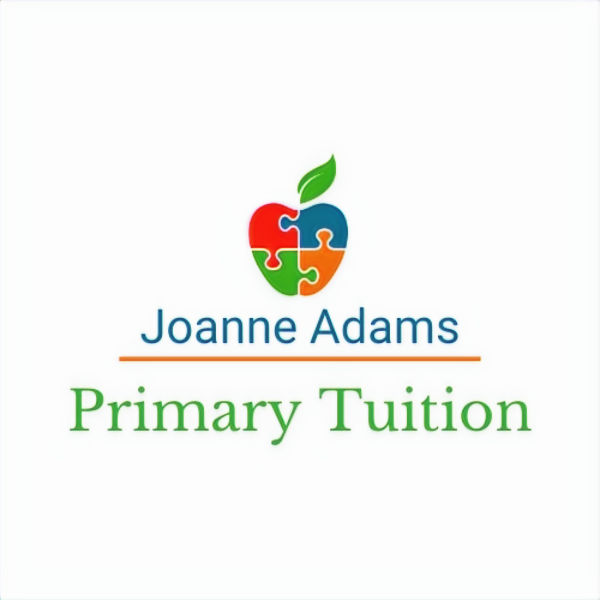11 Plus Vocabulary and the Verbal Reasoning Entrance Exam
- Joanne Adams
- Sep 13, 2023
- 2 min read
Updated: Oct 28, 2024
It's never too early to start thinking about the 11+ entrance exam. I don't mean the practice papers. I mean all the other skills and knowledge needed. One of the most overlooked parts of 11 plus exam preparation is widening children's exposure and understanding of higher level vocabulary for the verbal reasoning entrance exam.

Within the 11+ comprehension, there is likely to be a selection of words of a more sophisticated nature. Some may either be linked to historical phrases used around the time of the text extract or may be used in more formal contexts like newspapers, and information texts.
adversary, custodian, dispense, enamour, implore, quaint
The best way to broaden your child's vocabulary is by ensuring they read a variety of different texts. This doesn't mean they have to read every text independently. You may enjoy reading and discussing particular texts together. The variety is the key.
Newspapers use a completely different set of vocabulary to that of a comedy book and a historical novel is likely to use a different range of language to that of an information text. Explore texts together that might not normally be your child's cup-of-tea.
alluring, decipher, inkling, lenient, pioneer, remorse
I always recommend a mixture of texts (not an exclusive list):
Classical literature like The Railway Children, The Secret Garden, Gulliver's Travels and Treasure Island.
Poetry with a range of themes and styles (poems don't have to rhyme).
Information pages on a range of ideas: inventions, scientific facts like the solar system and historical events of significance.
Newspapers.
Quality television documentaries, like Blue Planet, can also be a really good source of vocabulary development too.
With my pupils, I encourage them to create little booklets of the new words they come across. Occasionally, I will choose one or two from their booklet and ask them to generate a sentence with them.
In the verbal reasoning element of the 11 plus entrance exam, pupils also need a good knowledge of vocabulary. They may be asked to categorise words and spot the odd ones out. They may have to pair words, according to whether they are synonyms or antonyms (similar or opposite meaning).
As part of my NEW 11+ Verbal Reasoning Programme, we will be exploring 8 new words in each session (128 in total). We will be categorising them into nouns, adjectives and verbs etc., matching words to pictures to create a visual memory and creating sentences to help pupils retain this new knowledge in their longer term memory.
If you would like more information about my 11 Plus Verbal Reasoning Programme, click the link below for all the details.





Comentarios